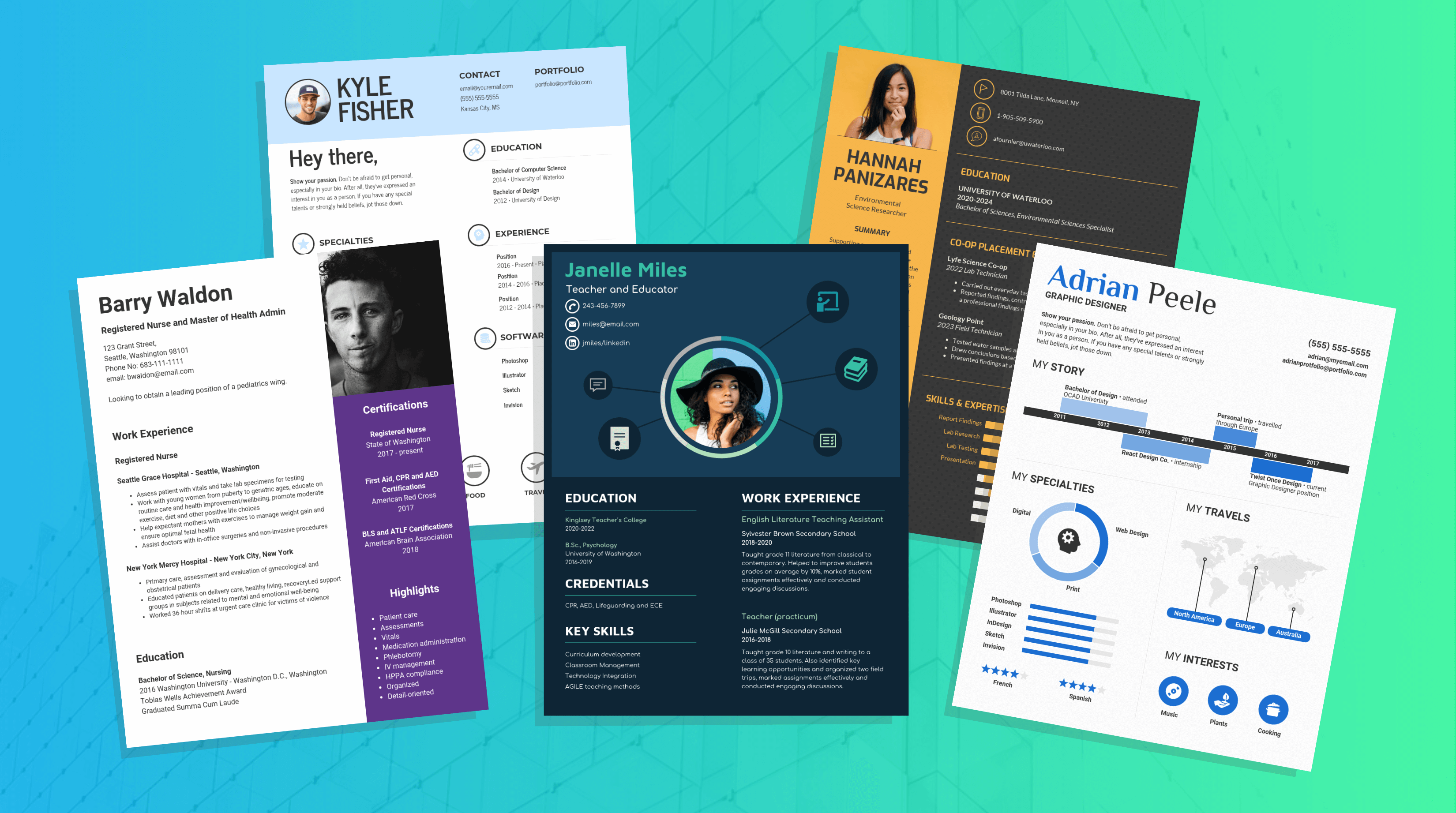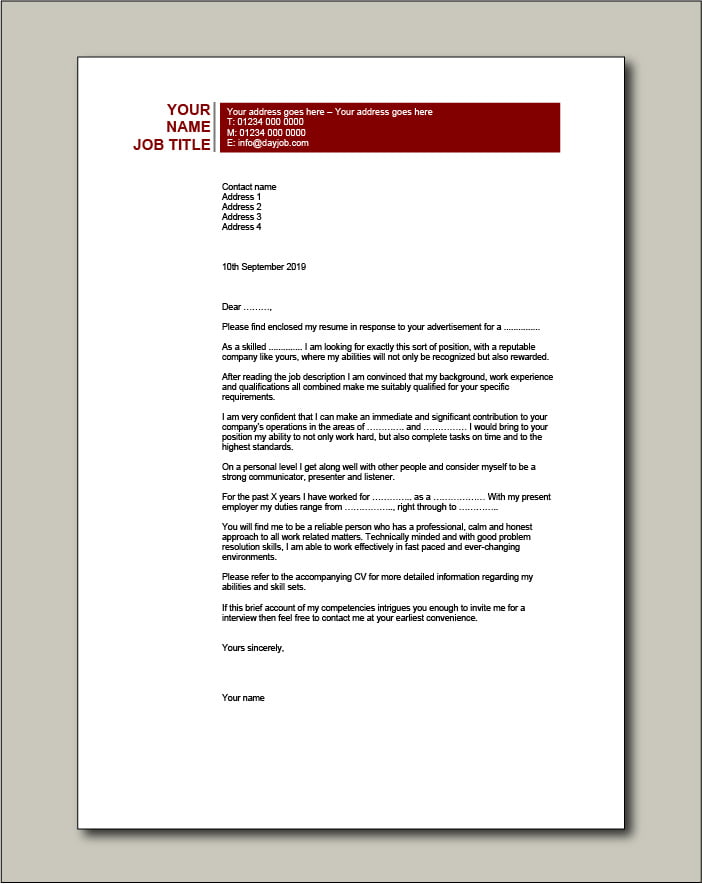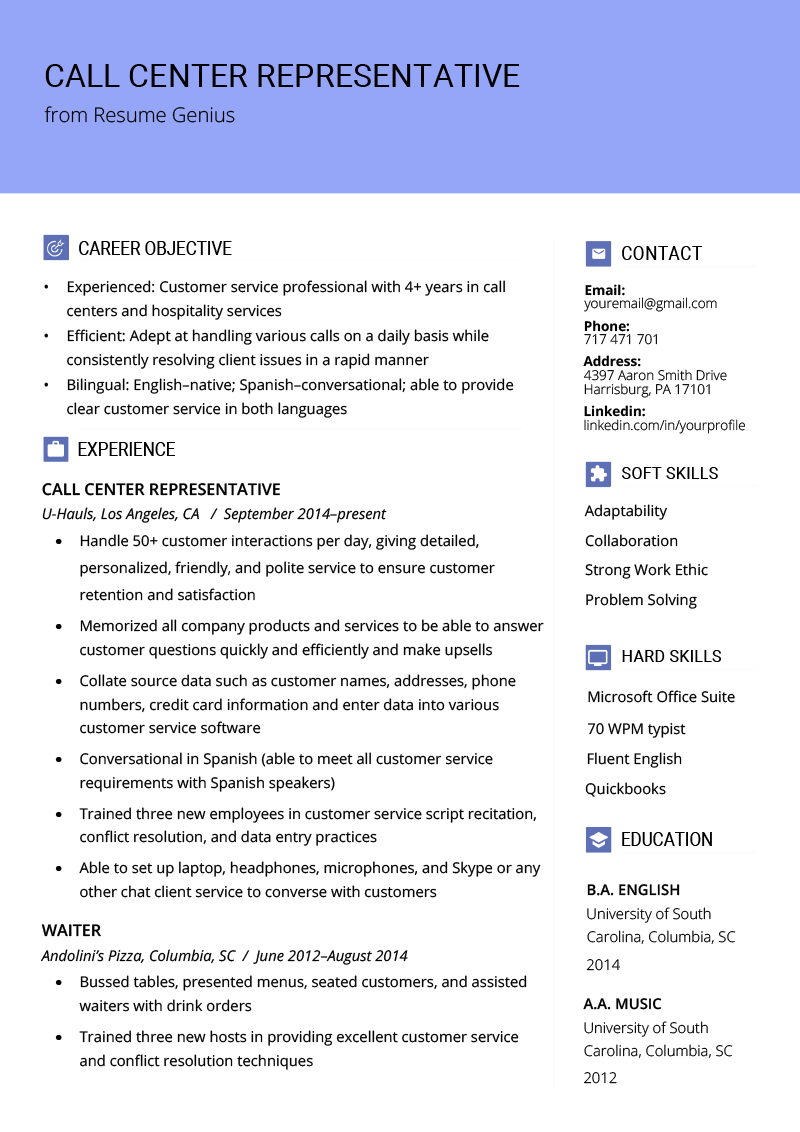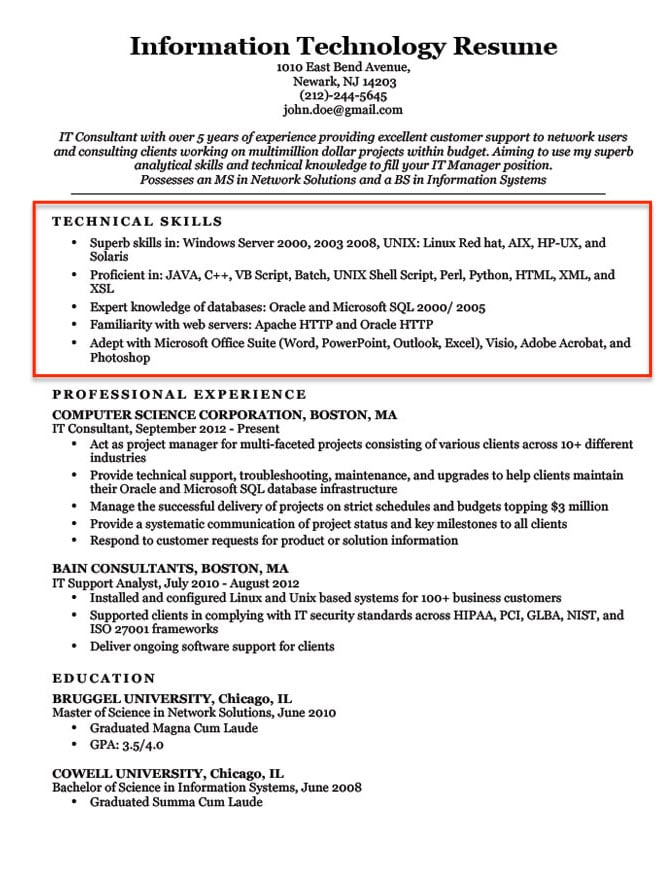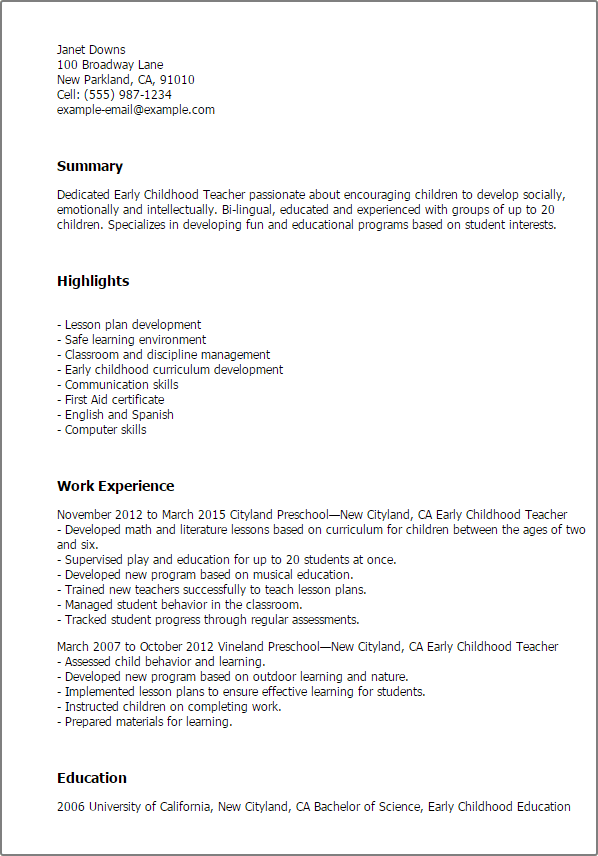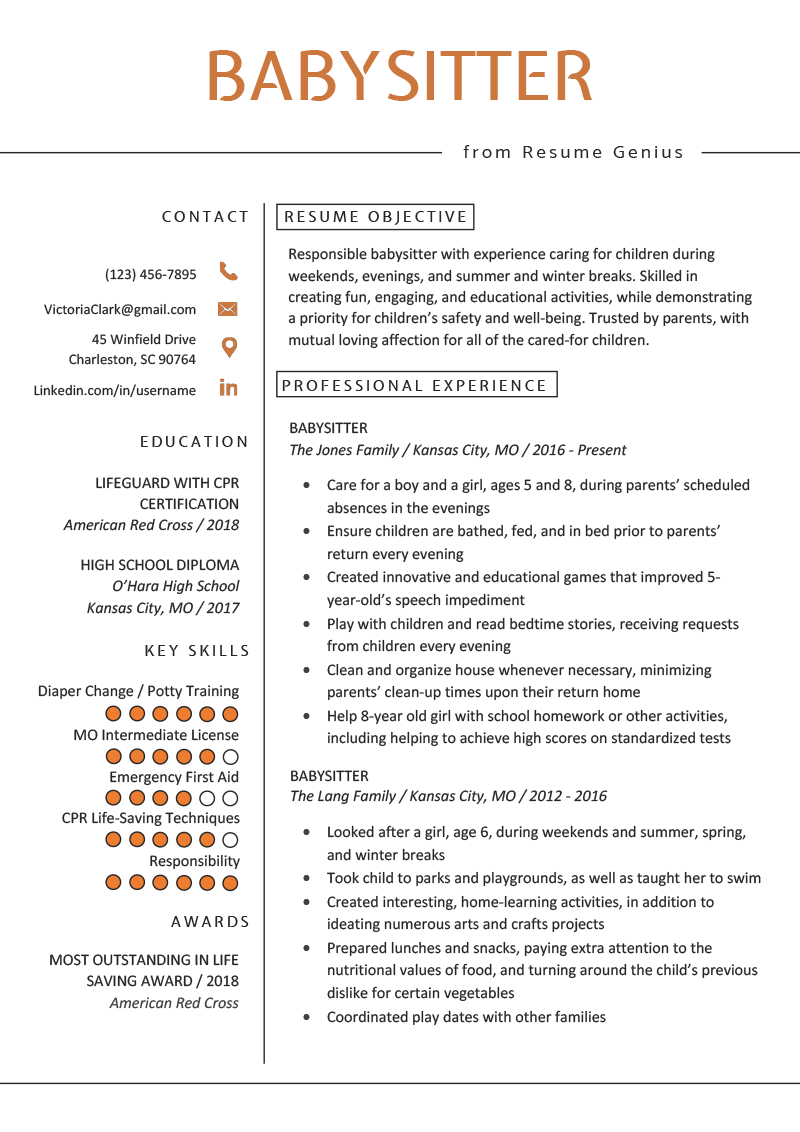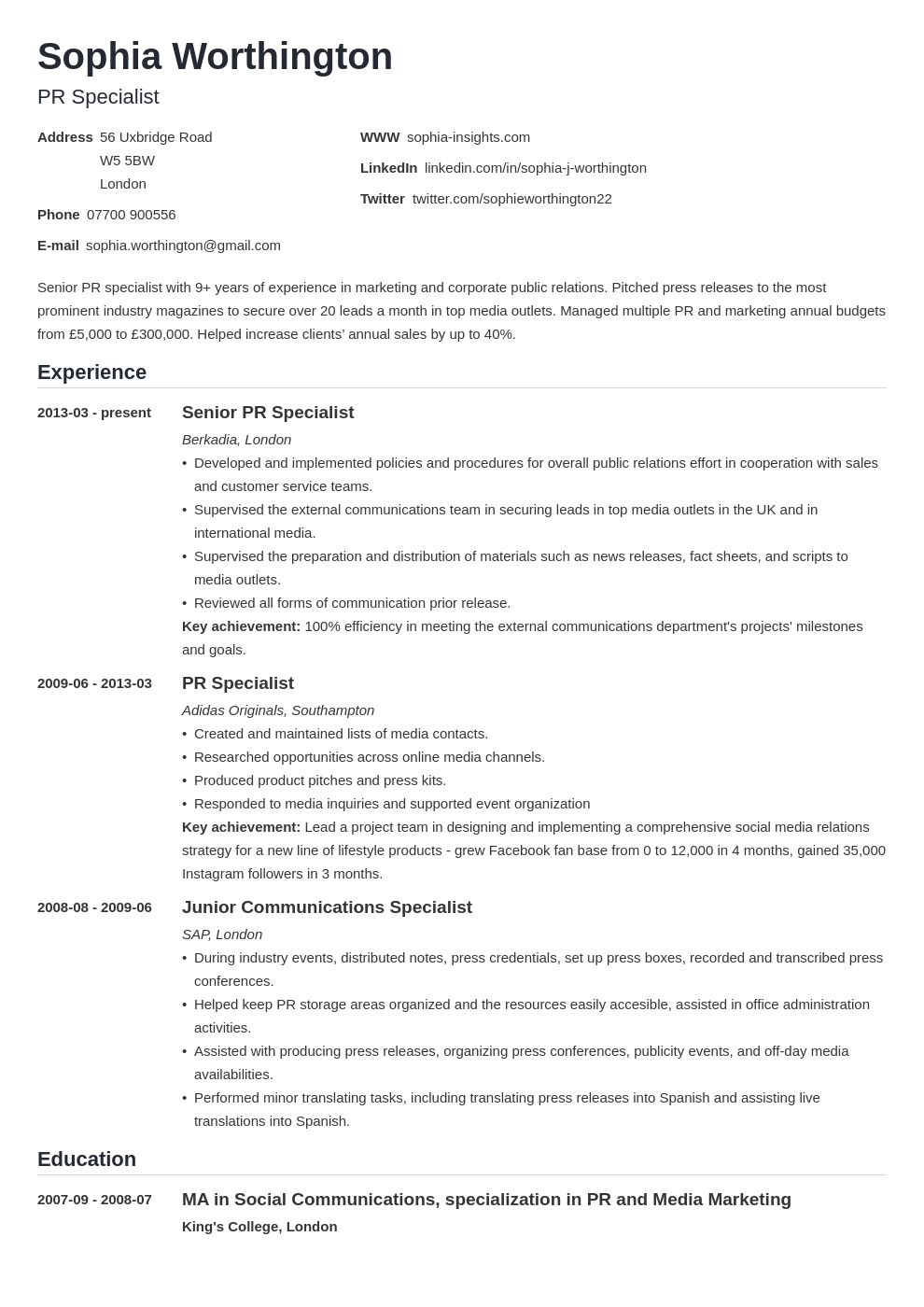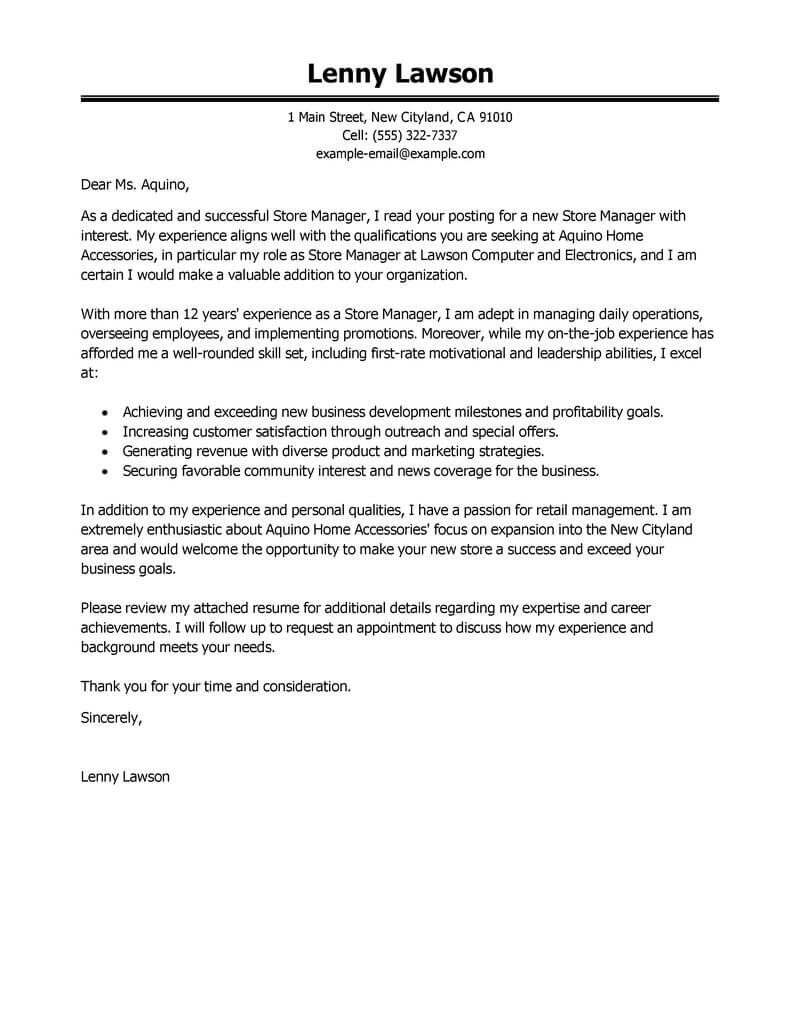Personal Qualities To Put On A Resume
Unlike hard skills that can be measured like computer programming skills or legal knowledge personal skills are soft skills intangible qualities or traits that enhance our interactions.
Personal qualities to put on a resume. For a job winning resume you ll need a good mix of soft and hard skills. Putting your strengths at the top of your resume increases your chance of getting a job. That s why it s essential to take simple adjectives and turn them into skills that can be transferred to the job at hand.
Communication skills are the abilities you use when giving and receiving different kinds of. Organizational skills every position requires some. Motivation show the employer that you are motivated and have the initiative they are looking for.
Examples of the best skills to put on your resume. The following five personal traits are some of the most sought after qualities found on resumes. The difference between hard skills and soft skills hard skills are abilities you learn on the job through formal education or additional training.
Whereas one might describe his or herself as carefree and compassionate on a first date there exist no such trait keywords for interviews. Communication skills communication is key in any organization and so demonstrating that you have the necessary skills. Here is a flight attendant cover letter example and skills list.
What to include in a resume summary statement. They are teachable measurable and related to a specific job. Now we include a list of personality traits in the workplace.
Active listening is the ability to focus completely on a speaker understand their message. It only takes a few well chosen words on the personal qualities section to enhance your resume. Ones that are sure to get you noticed.
They are just as if not more important to employers though you ll need a mix of both. A resume must show potential employers a wide array of skills work experience and character traits that showcase you as the best possible candidate for the job. Tips for answering questions about weaknesses in interviews.

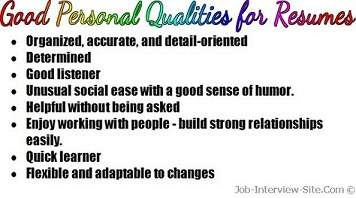

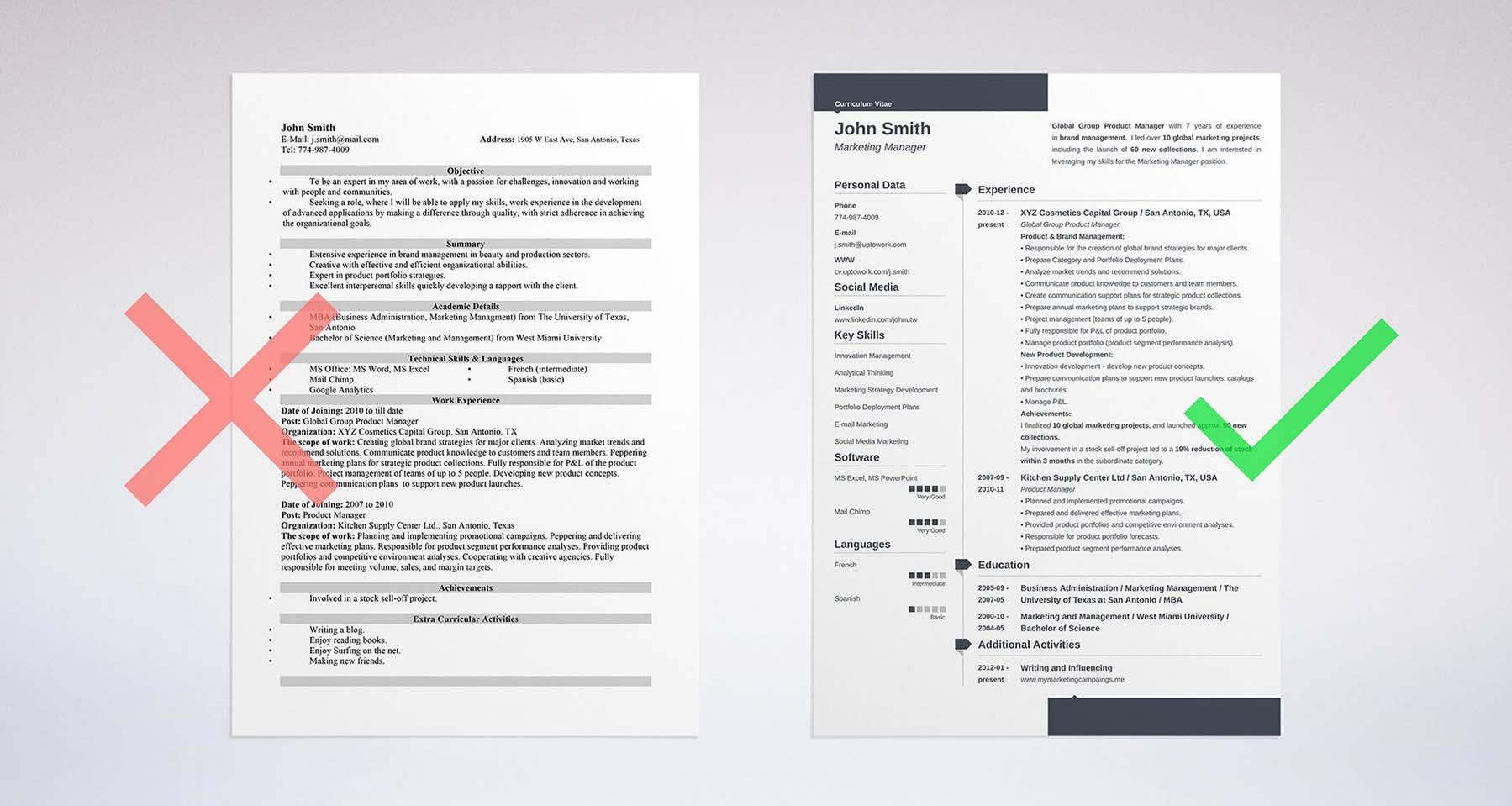
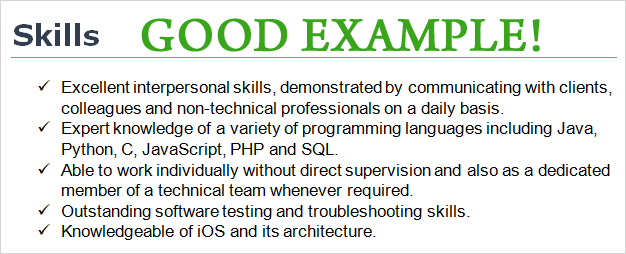
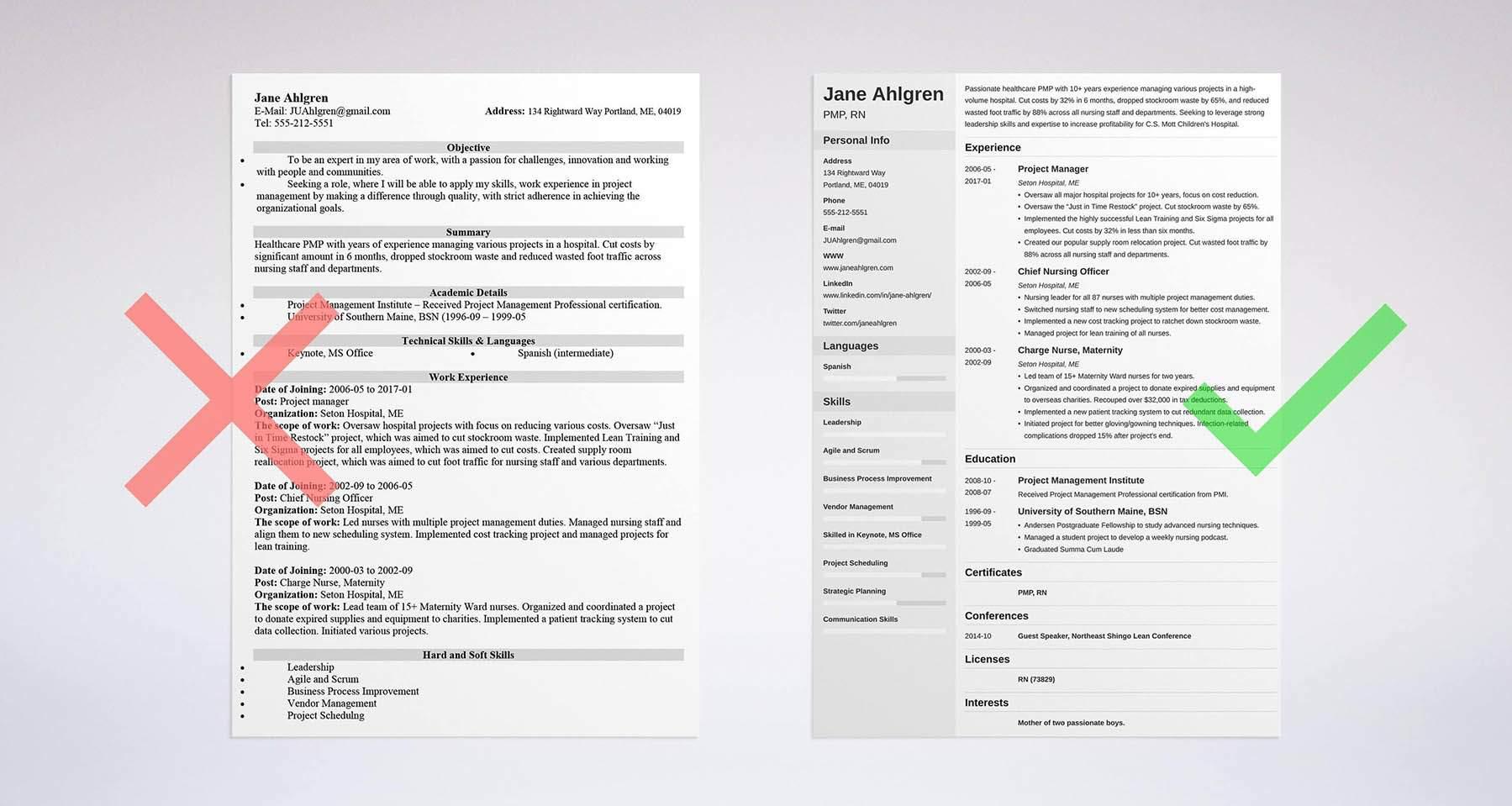

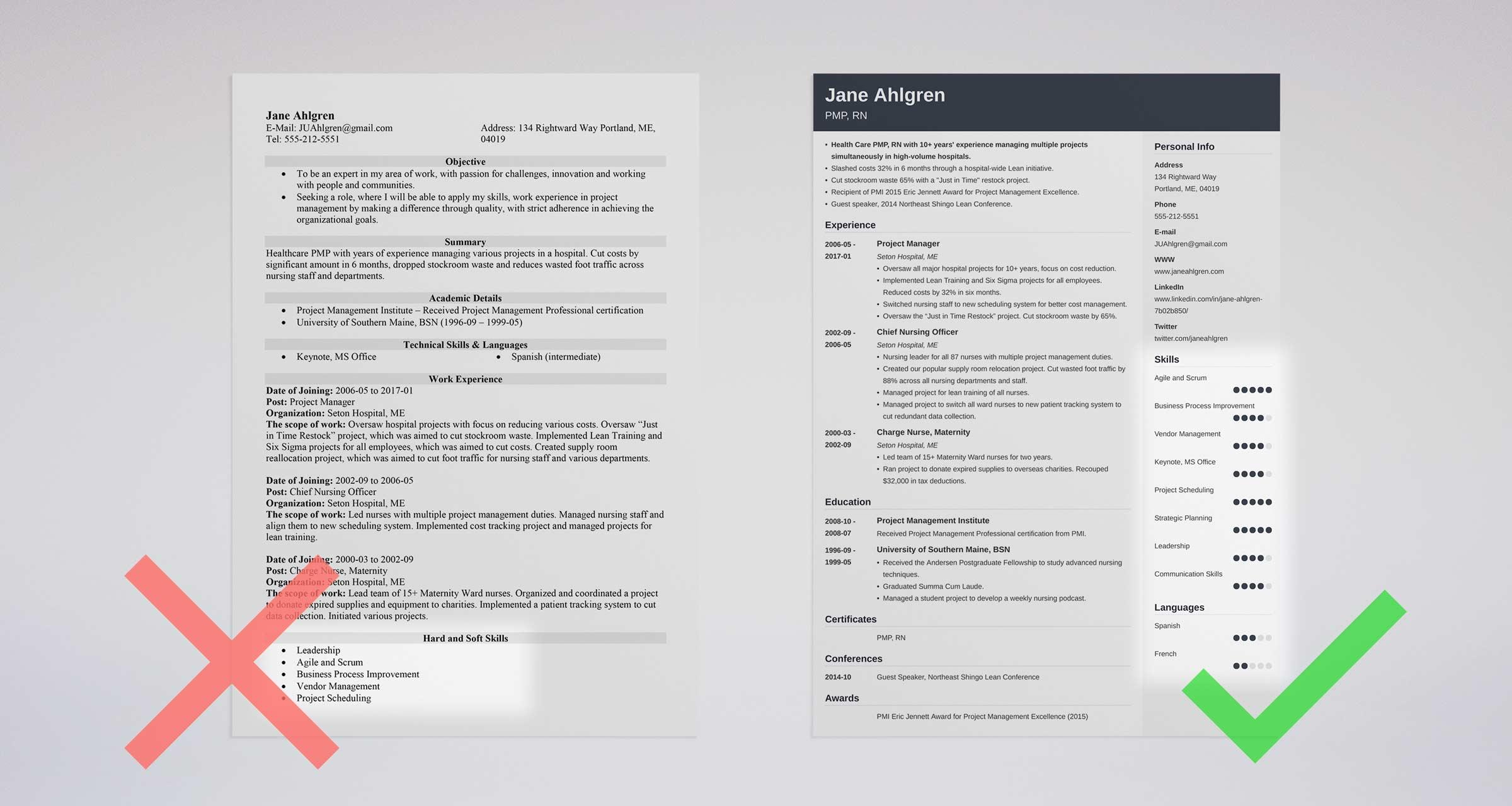
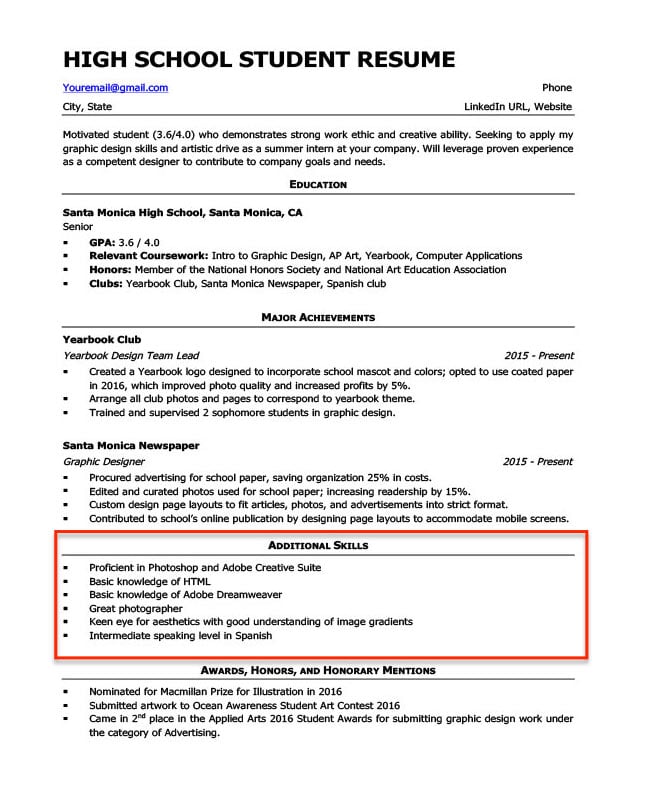

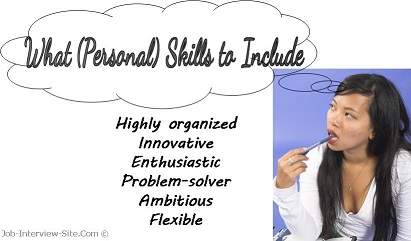




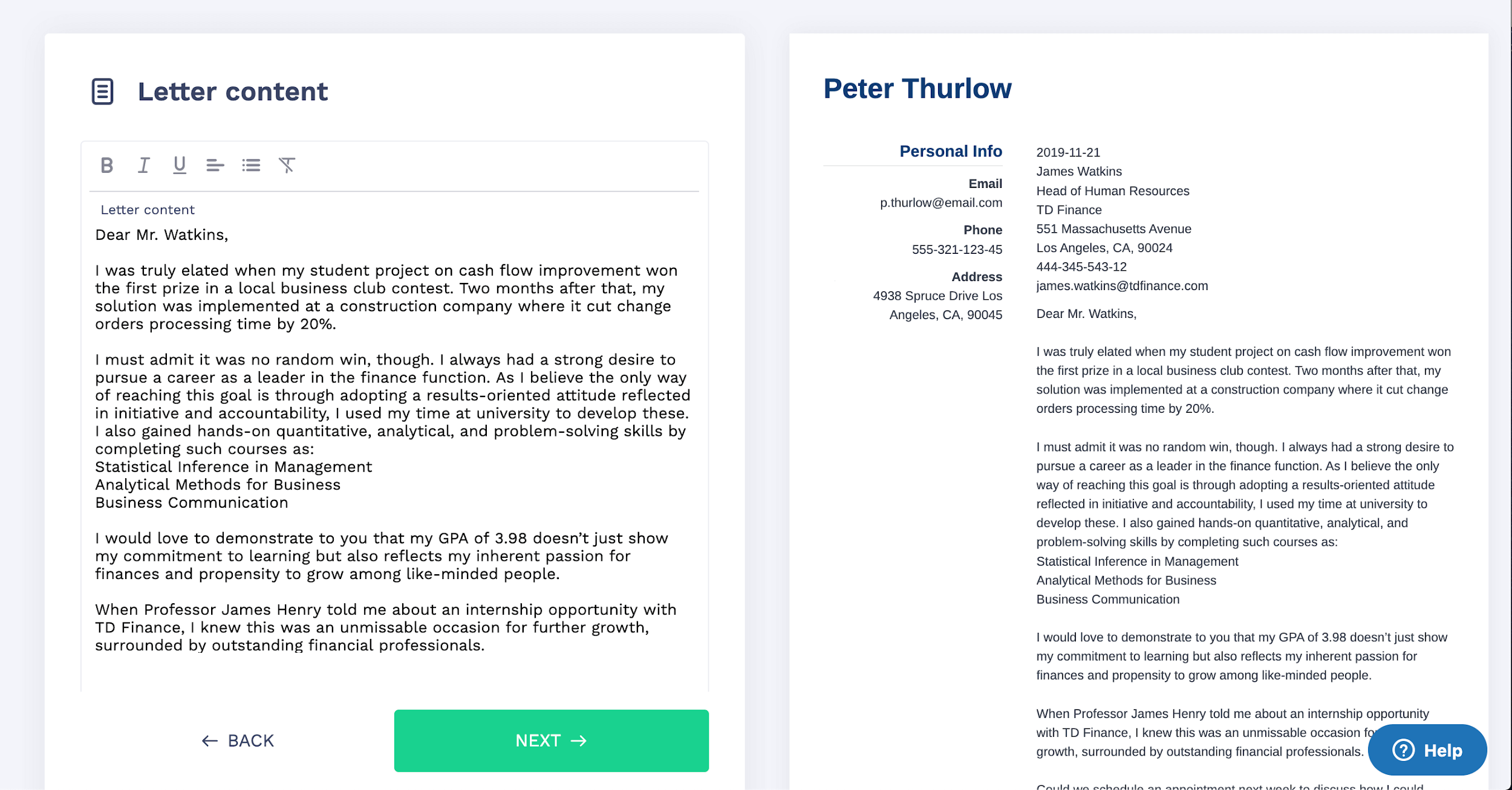

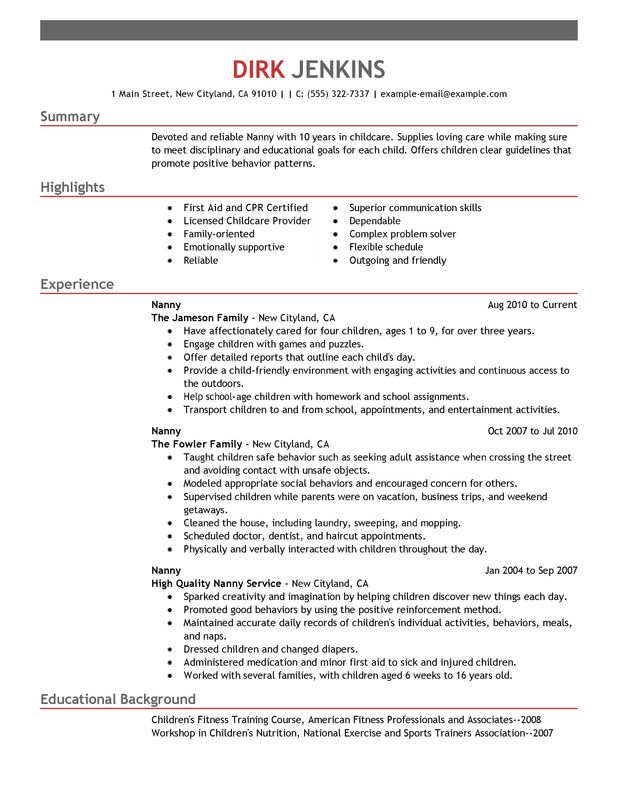




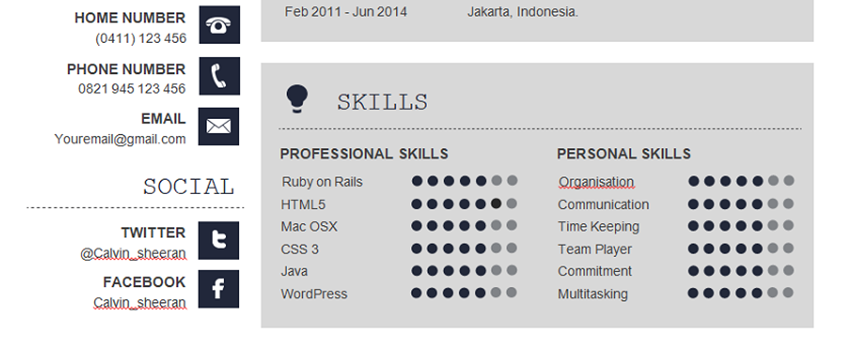


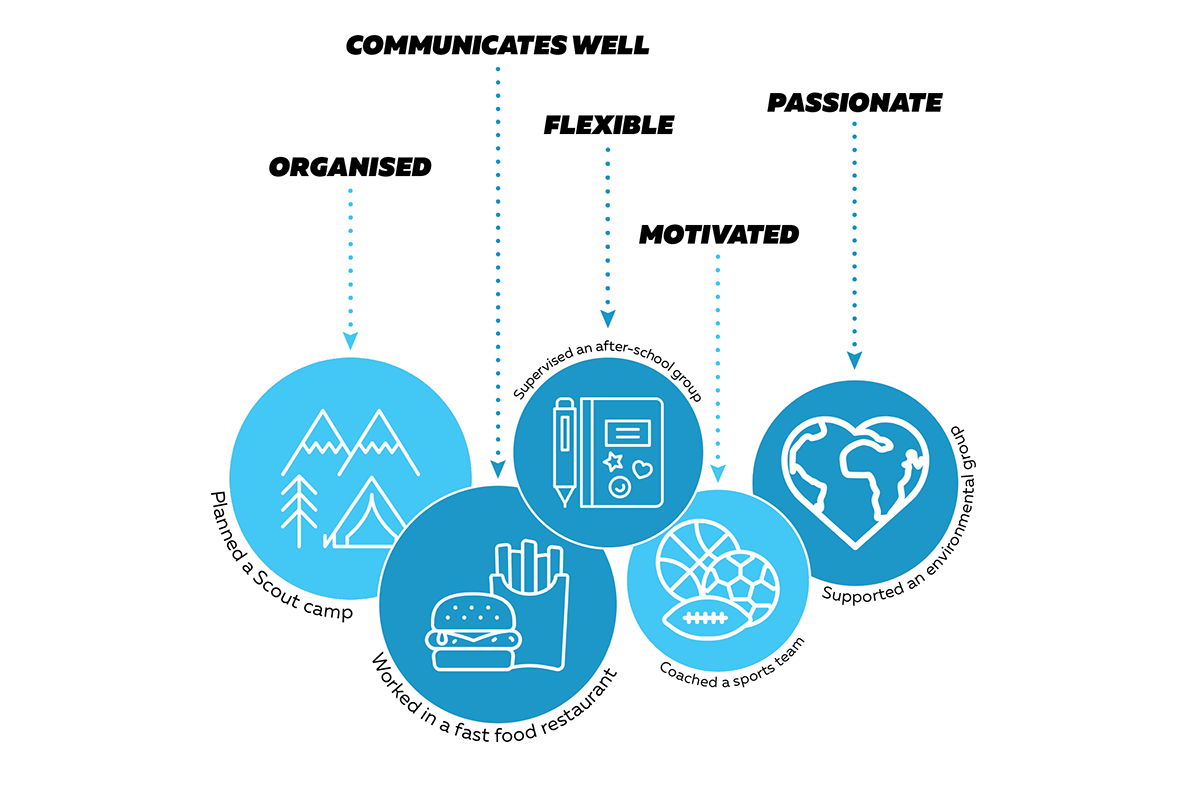
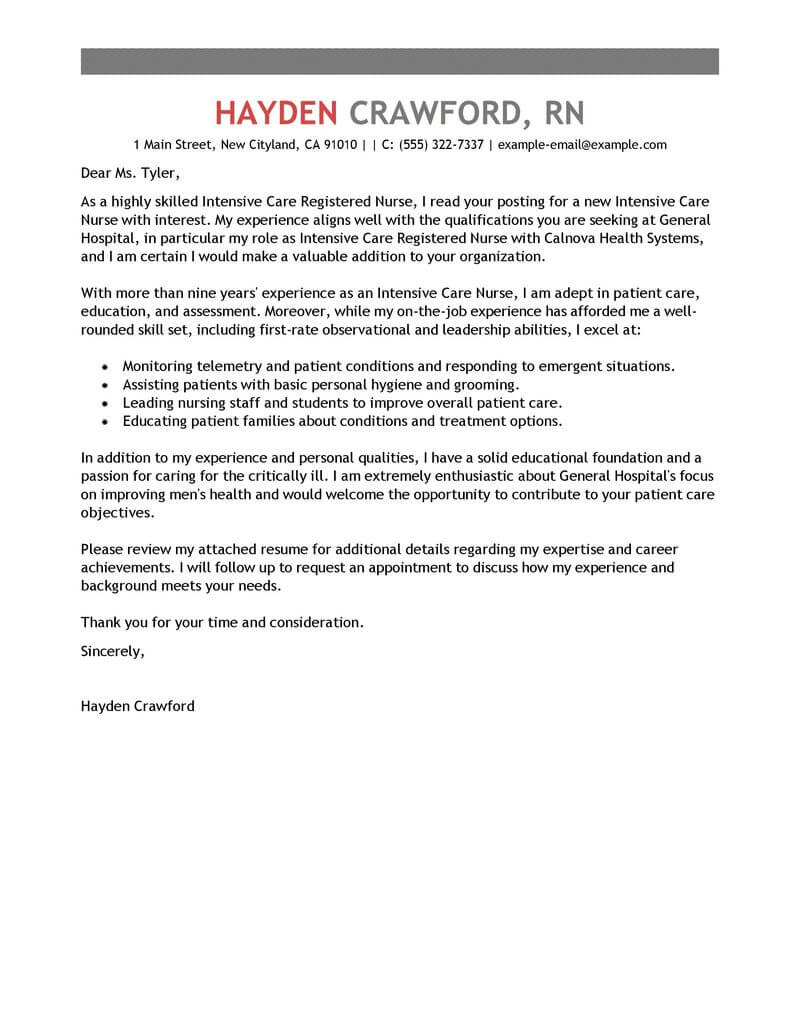

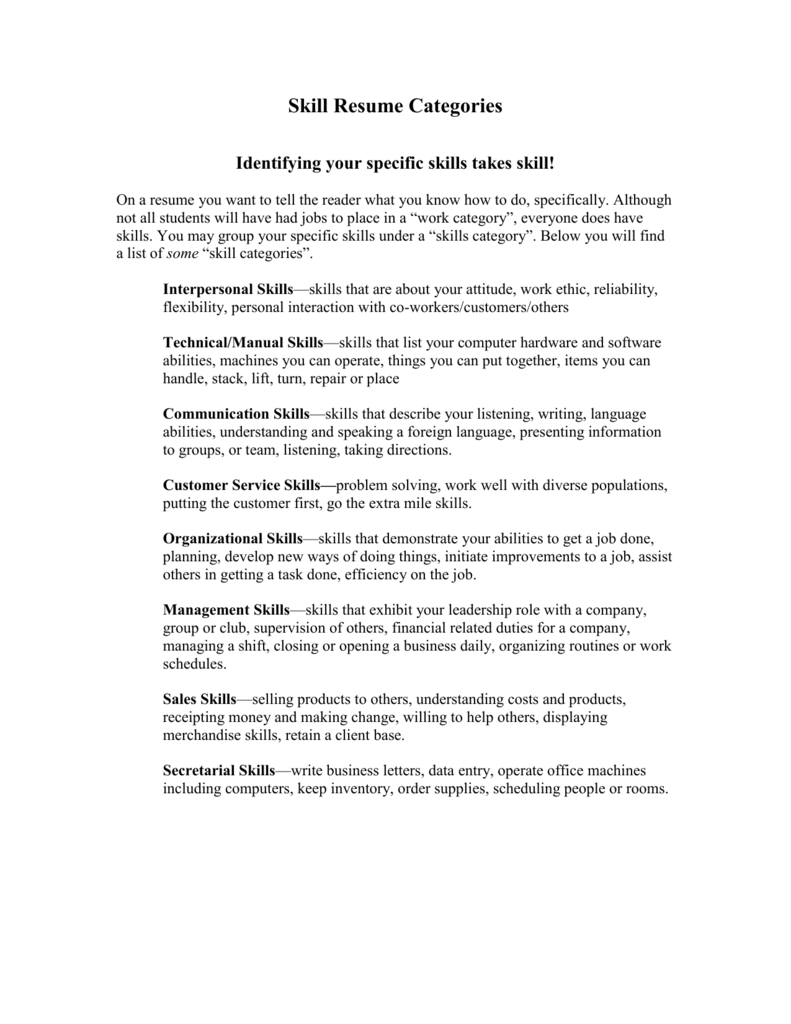




/resume-strengths-list-2063804-Final-05ac2262a8094bda801a994850ac78ab.png)
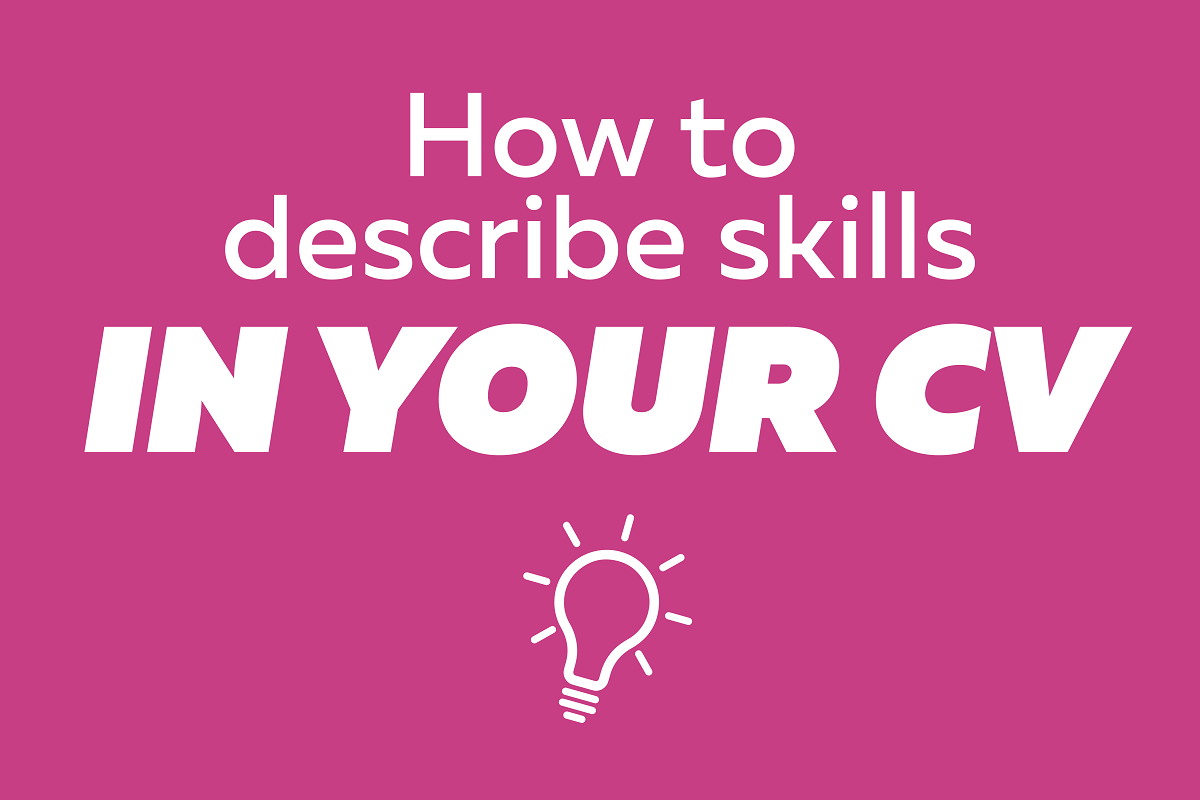


:max_bytes(150000):strip_icc()/2063804v3-5bb78f73cff47e00263cb913.png)

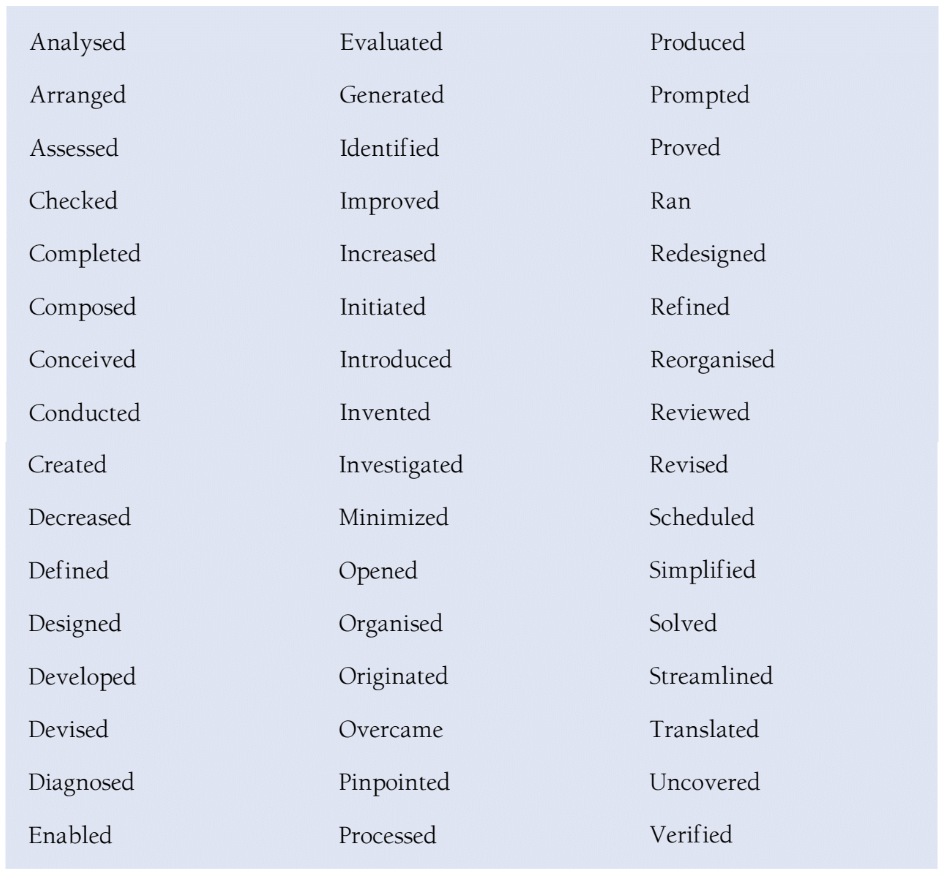

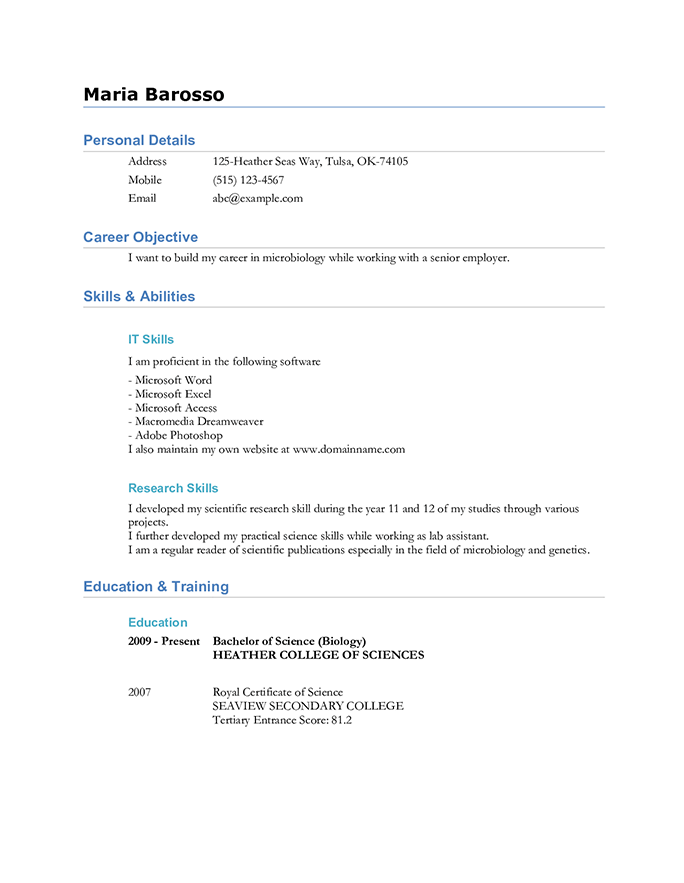
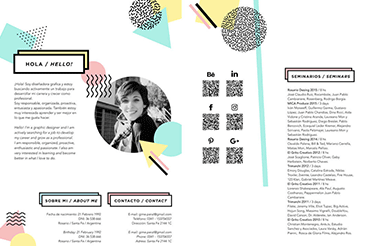

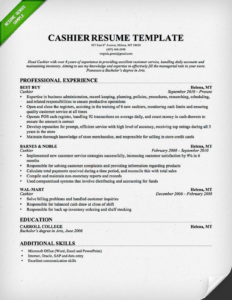


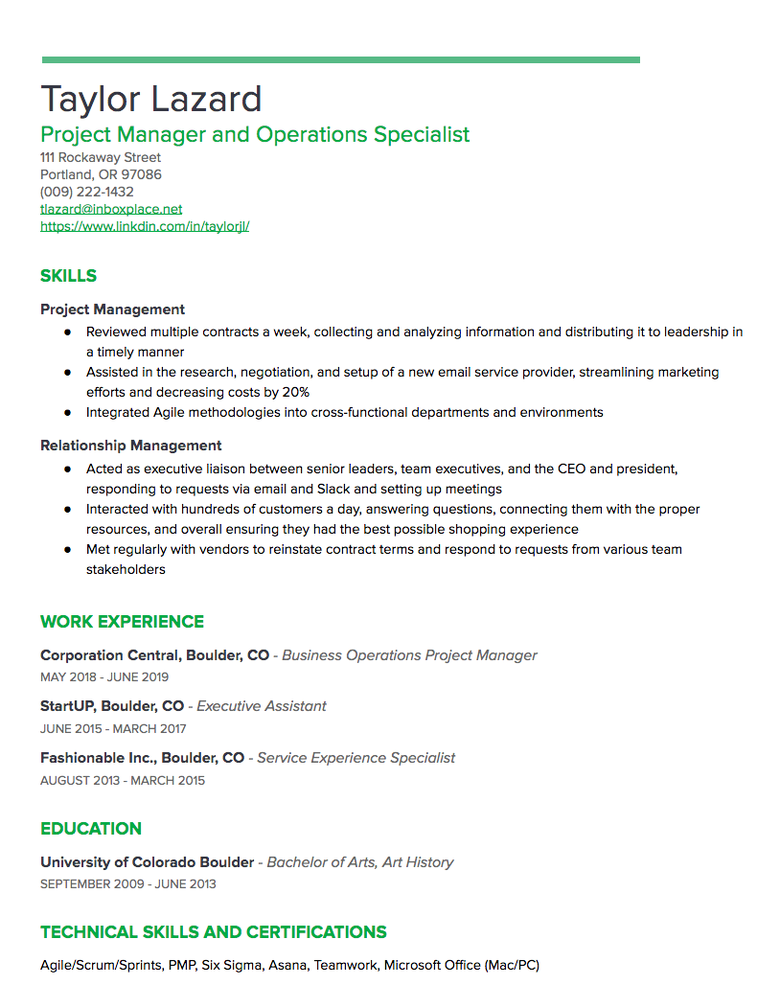
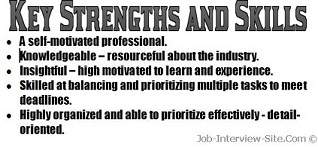
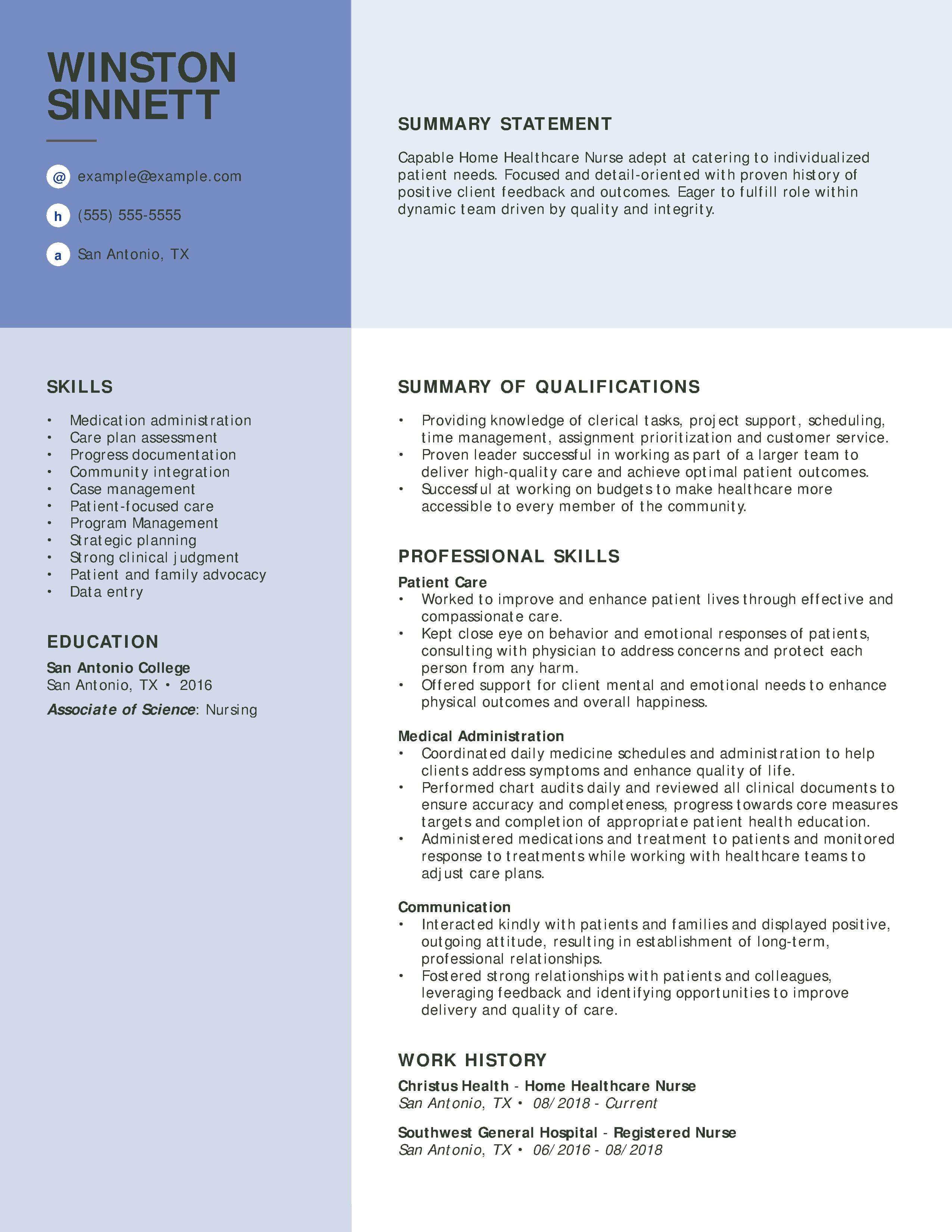
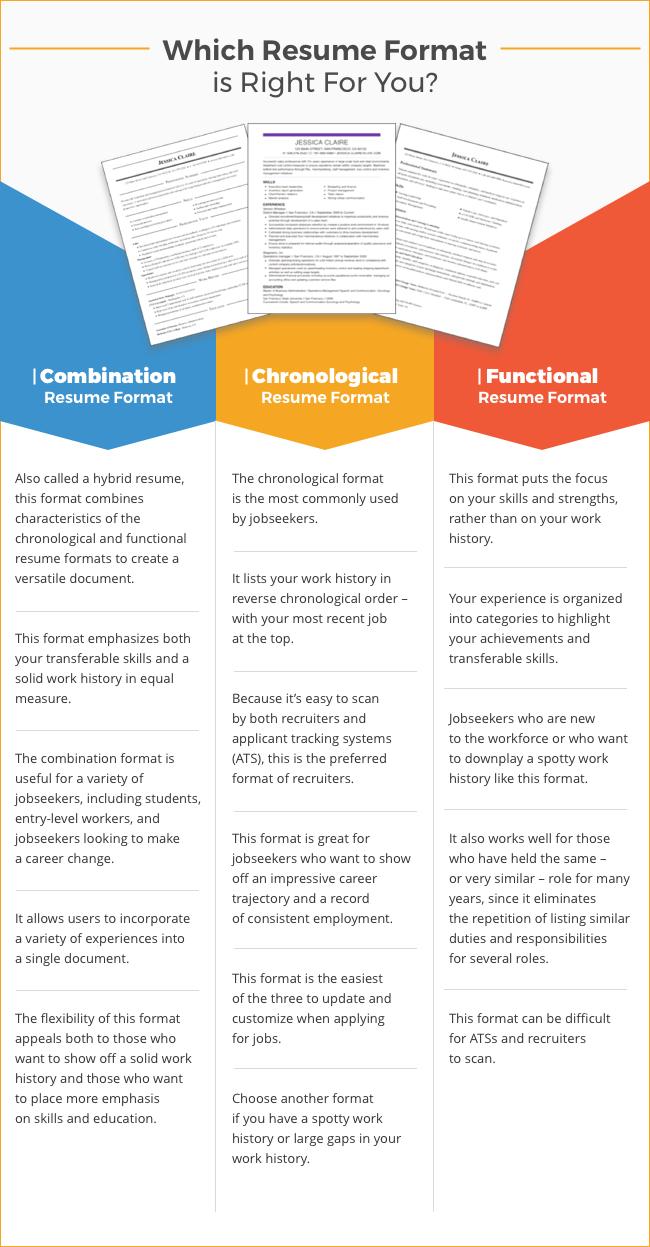


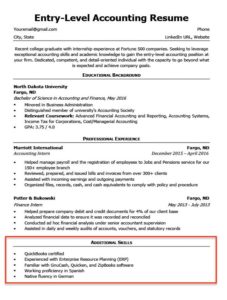



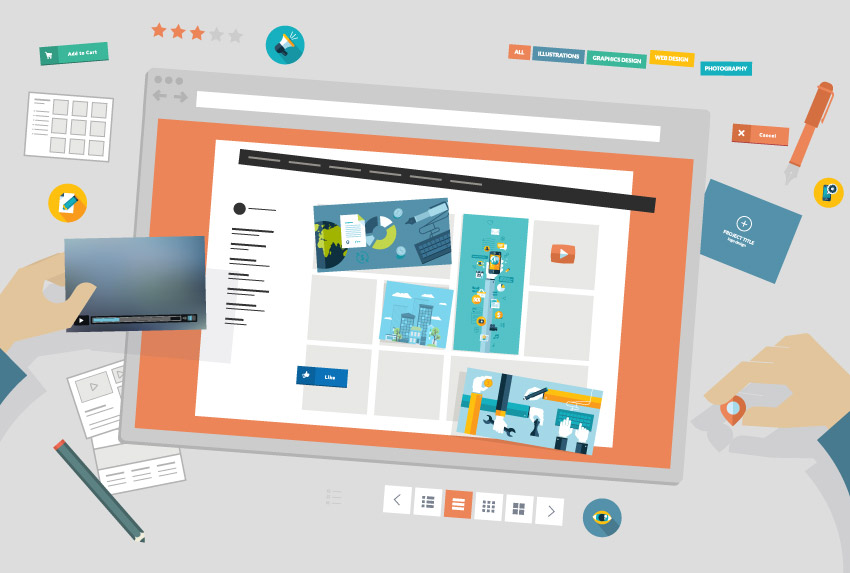
:max_bytes(150000):strip_icc()/TheBalance_Resume_2063804-5bb7a7414cedfd0026100447.png)


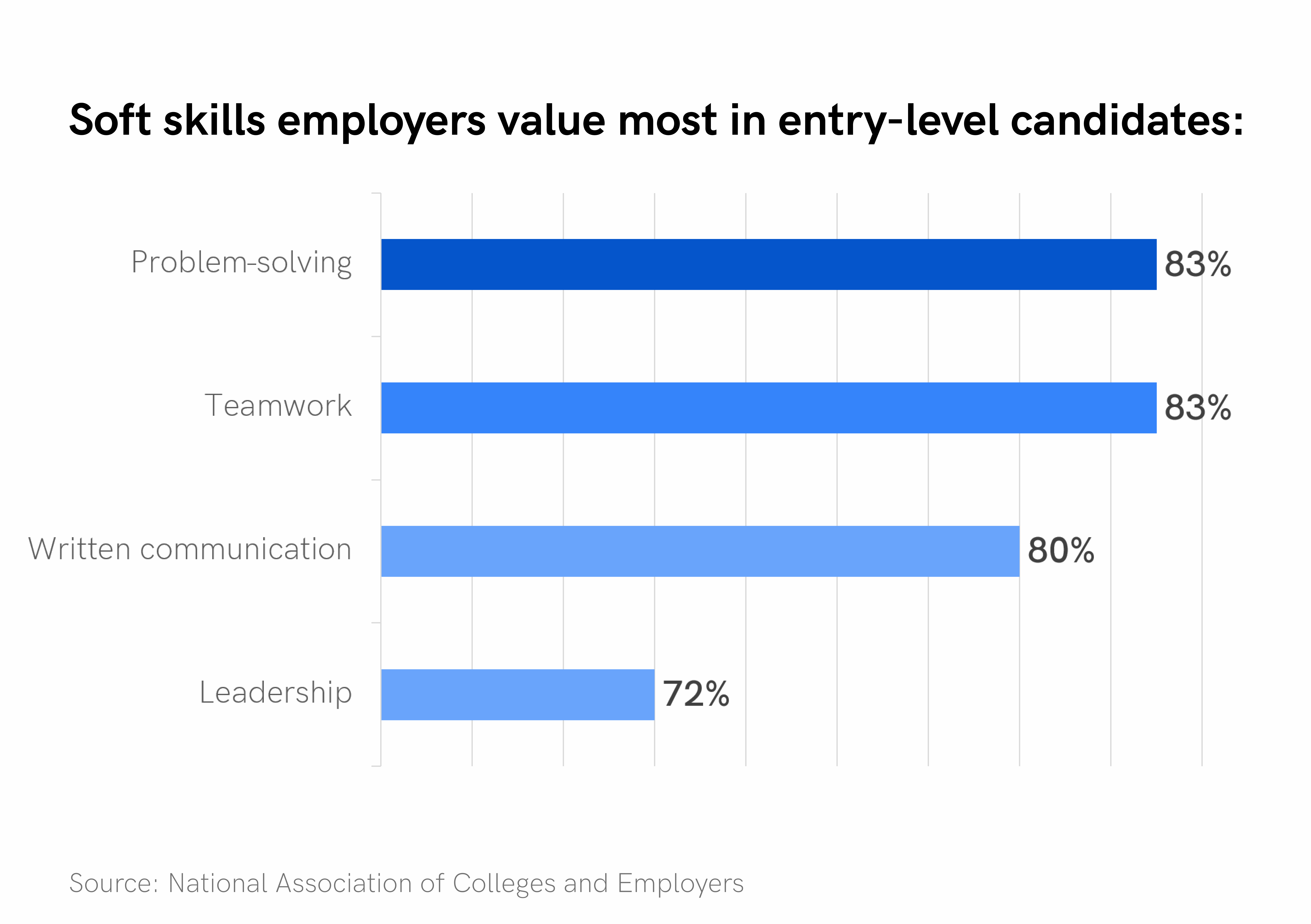
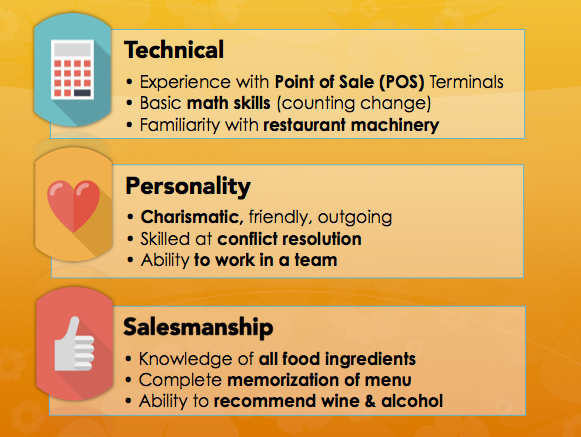
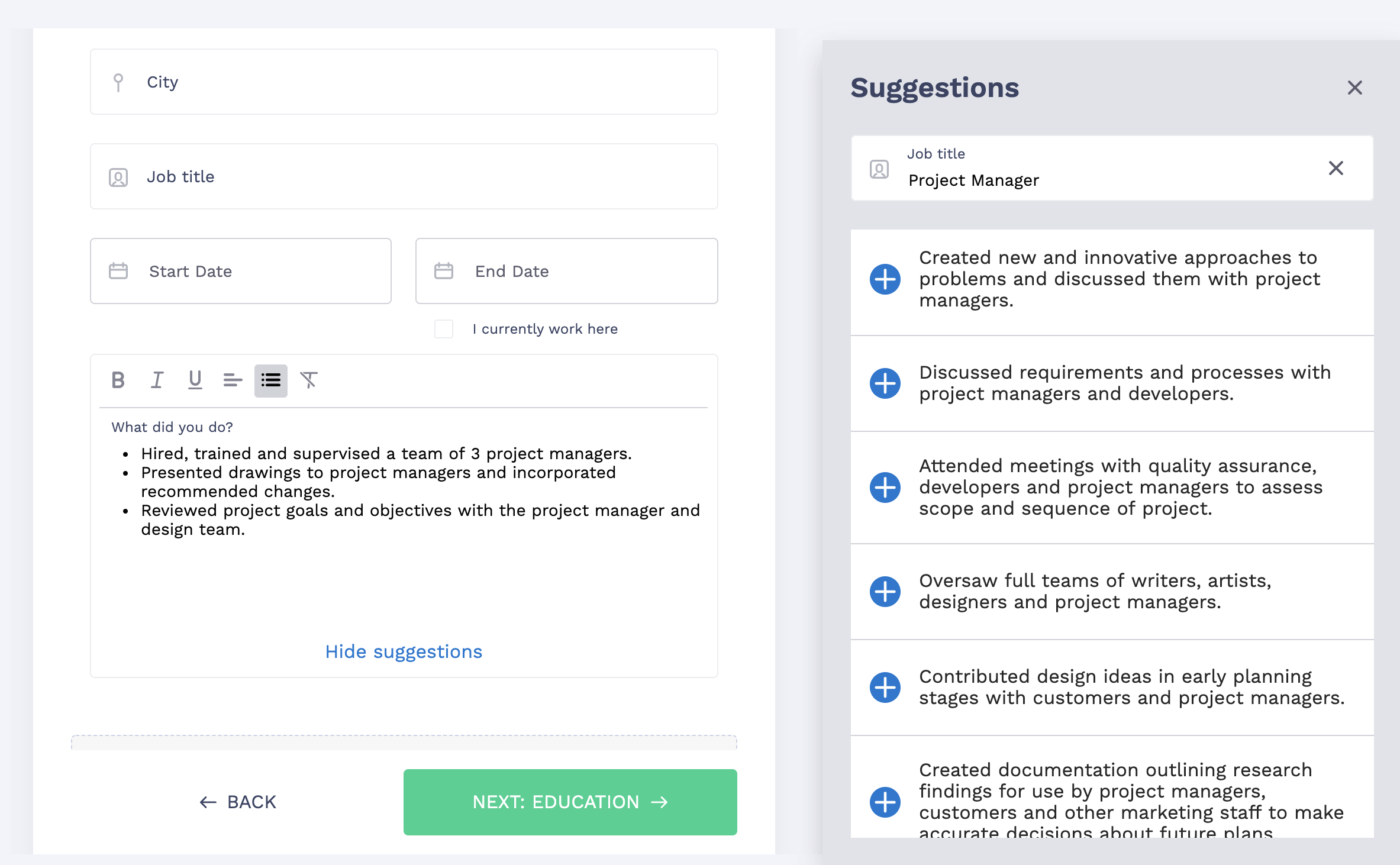

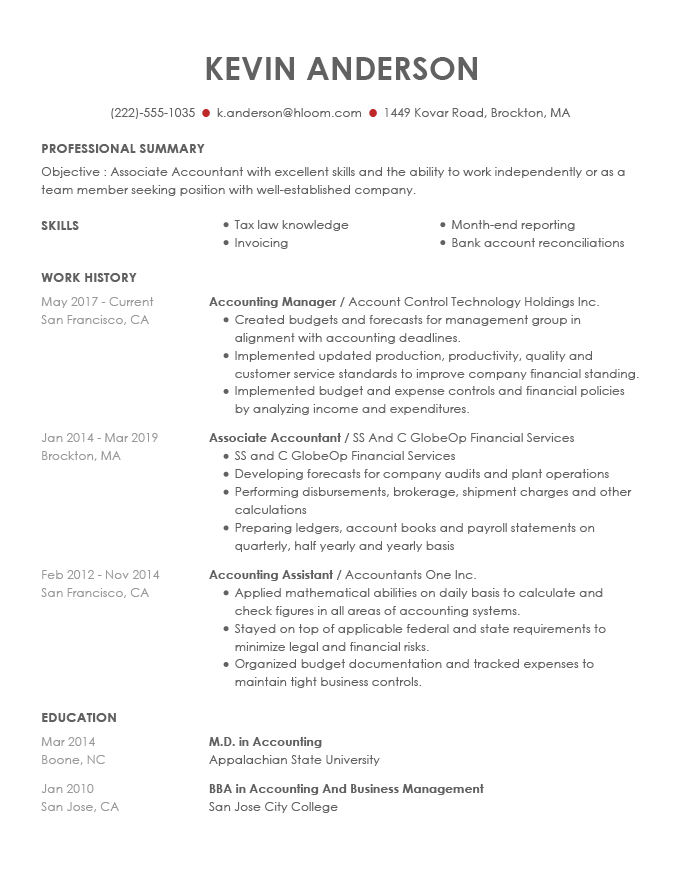
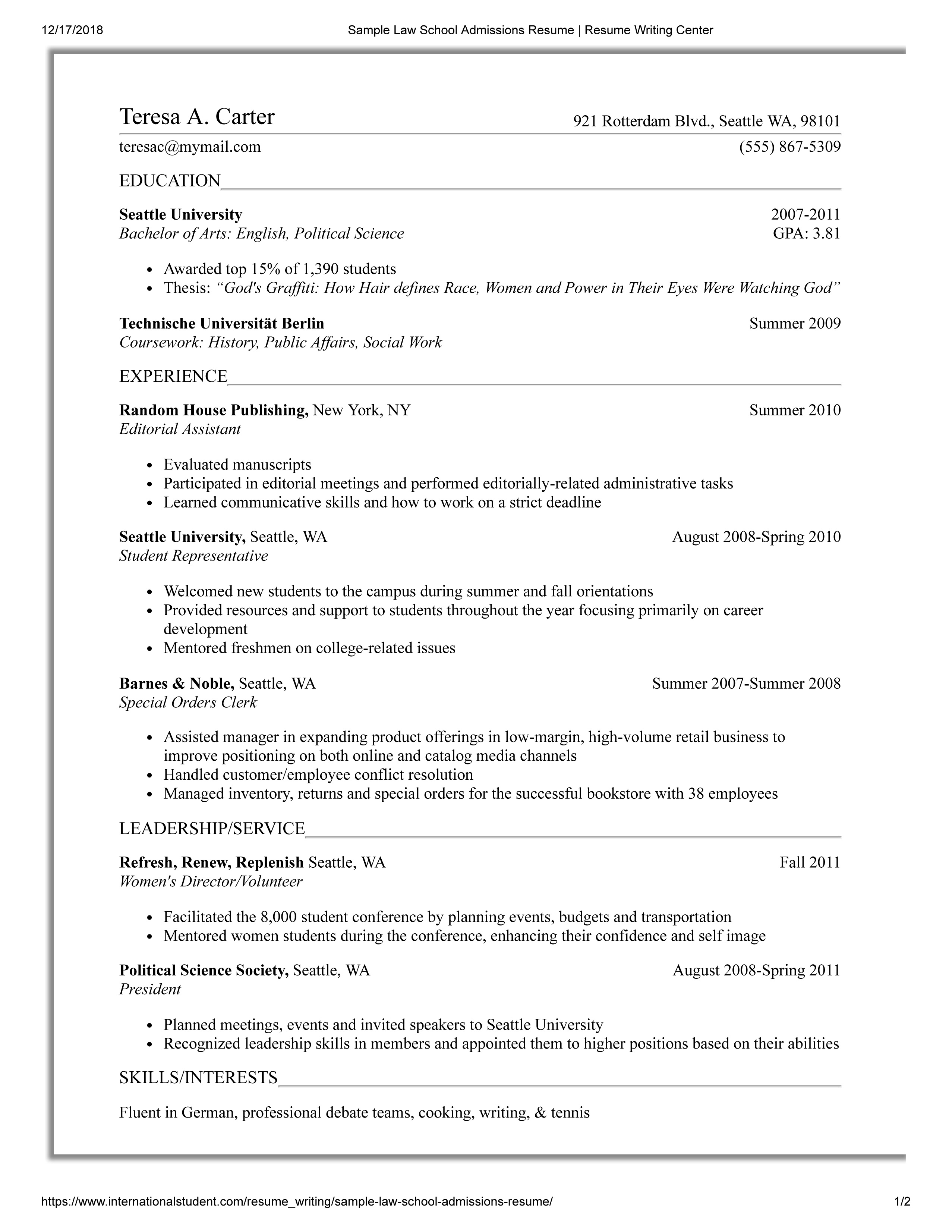
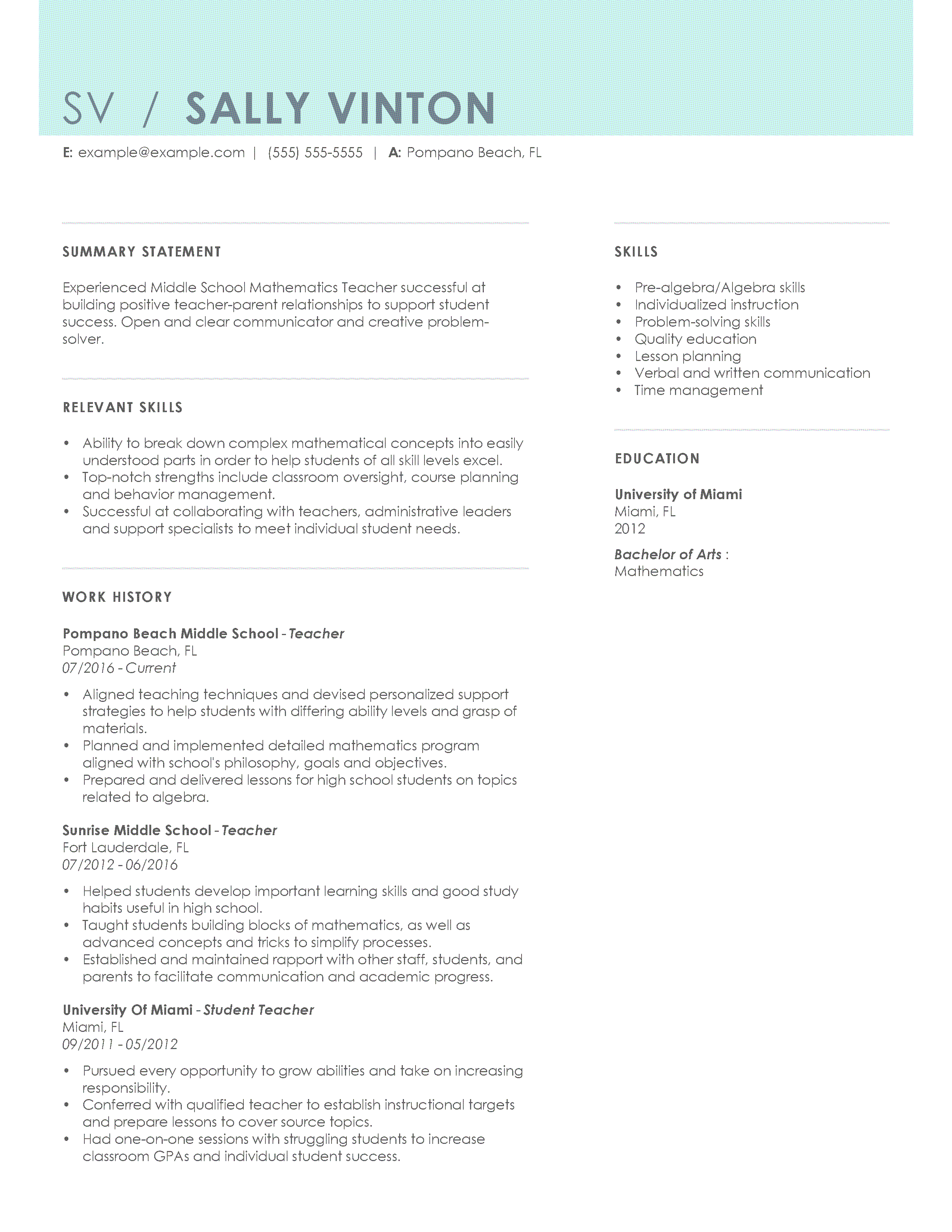

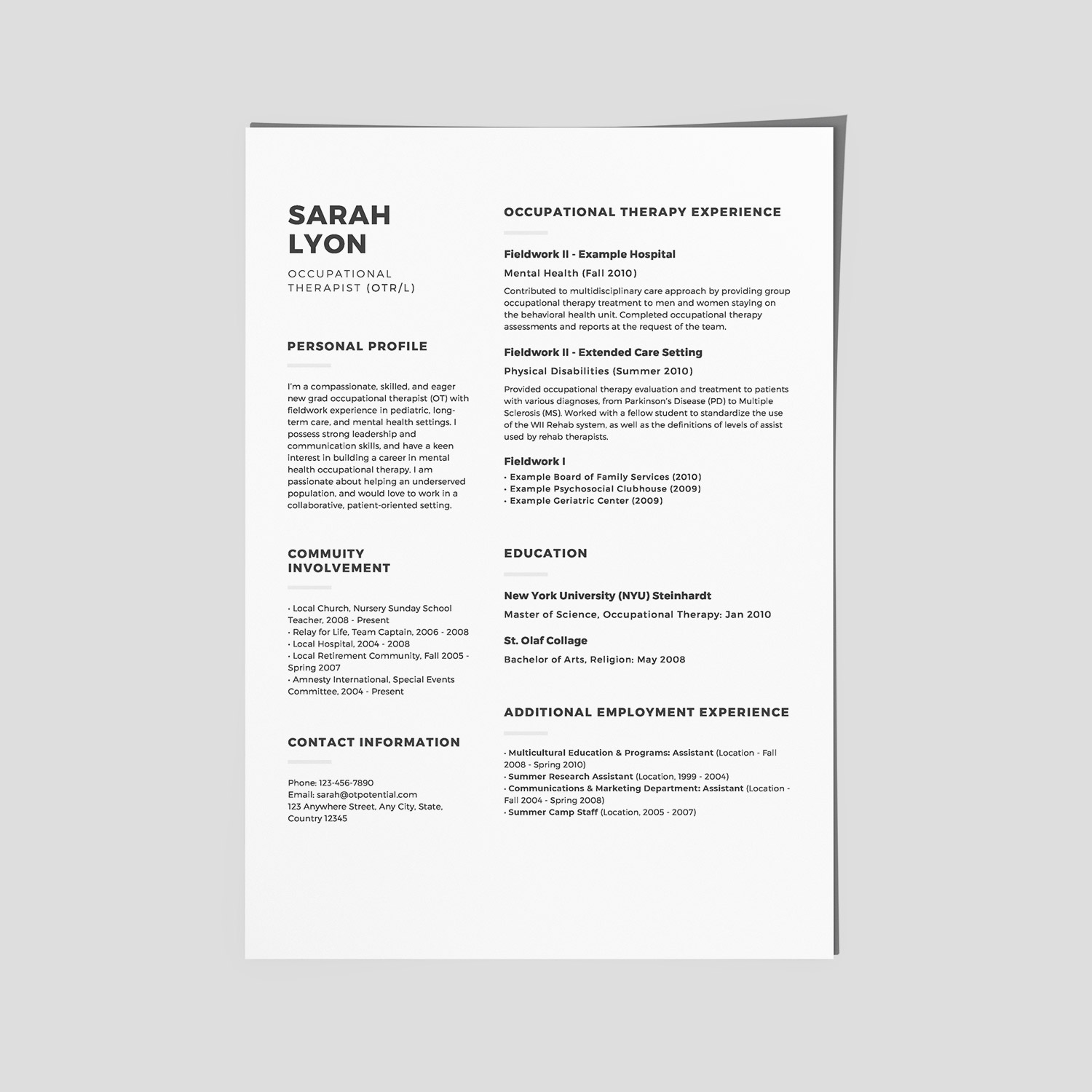
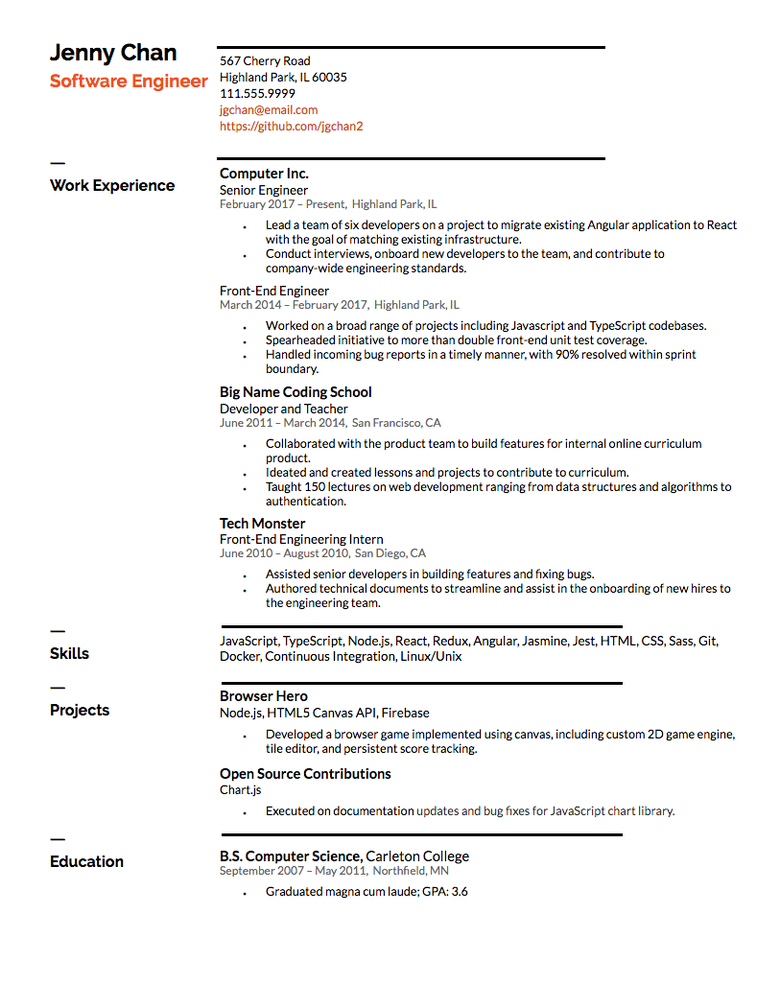
/sales-associate-skills-list-2062477-v2-5bc4c8dec9e77c0051cbb20c-c1975df4c3d84ebd86485a0f00619b3a.png)


